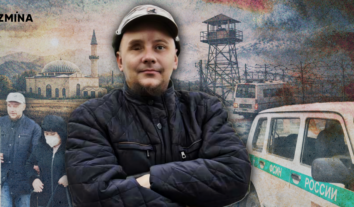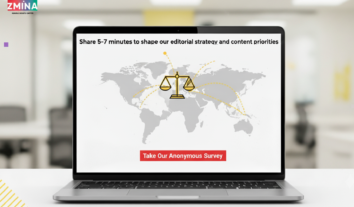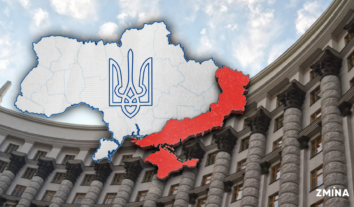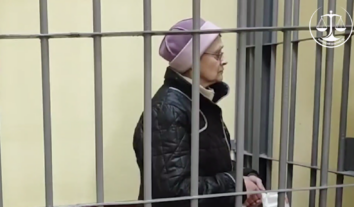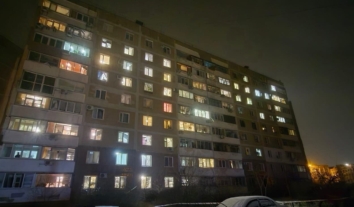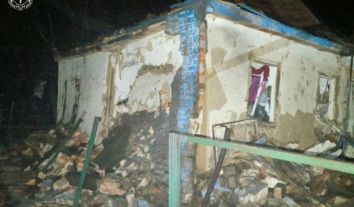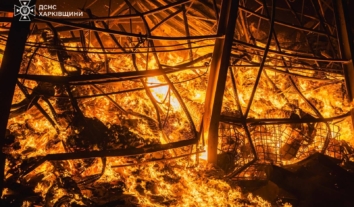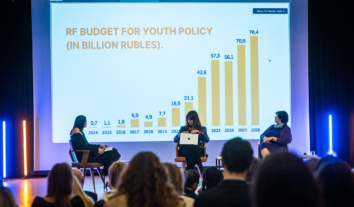Take note: Police teach their investigators to expose hate crimes
49 criminal proceedings over hate crimes were opened in 2015.
Now the national police of Ukraine are drafting recommendations on how to identify and classify hate crimes. These recommendations will be handed over to all police officers for mandatory compliance.
The investigative methodology experts also work within the reform to oversee the progress of investigation, in particular, to help qualify hate crimes, if any.
This was recently announced by Oleksiy Kriukov, the head of methodological, organizational and analytical work section of the Main Investigation Department of the National Police of Ukraine.
According to Kriukov, only 33 crimes were classified under Article 161 of the Criminal Code of Ukraine (Violation of citizens’ equality based on their race, nationality or religious preferences) in 2014. In 2015, 79 such applications were filed, resulting in 49 criminal proceedings opened.
For the record, foreigners and members of different ethnic communities; members of religious minorities and their property (churches, synagogues, mosques, cemeteries) and private property; Roma people; gays, lesbians, bisexuals, transgender people (LGBT) mostly suffer from hate crimes.
No legislation – no homophobic motives
Human rights activists claim that quite a few victims of hate crimes resort to law enforcement agencies because they do not believe their rights could be defended.
Oleksandr Zinchenkov, the representative of the Our World Ukrainian LGBT organization, says that a homophobic motive is perceived as aggravating circumstance neither by police nor by judges.
For example, in case of murder of a gay, the Kharkiv court awarded minimum punishment and actually considered homophobic motive as mitigating circumstance.

Recently, the Obolonsky District Court of Kyiv sentenced only four out of about a hundred attackers on Equality March to two years of probation. Mind that at least nine participants in the march and nine police officers were injured (one of policemen suffered serious injuries).
However, national police representative Oleksiy Kriukov comments: “SOGI [sexual orientation and gender identity] are not stipulated as an aggravating circumstance in the Criminal Code. Our stance is that we are not against its including in Article 67 of the Criminal Code of Ukraine related to aggravating circumstances. We are not ready to say anything with regard to special section of the Criminal Code.”
Right signals
When hate crimes go unpunished, their number usually increases. Moreover, these crimes tend to escalate, human rights defenders note.
However, responding to incidents of hate crimes, the state sends the public the “right” signals, Anton Perekriostov, representative the Religious Center of Jehovah’s Witnesses in Ukraine, believes.
He tells two similar stories when Jehovah’s witnesses were attacked by local residents.
About 20 attacks on witnesses, breakdown of religious service, arsons, etc. have taken place in the village of Komyshivka in Odesa region. Local prosecutor’s office did not identify the elements of crime in those events, and none of the attackers was held liable. Finally, Jehovah’s witnesses were forced to leave the community and to change their place of residence.
A similar situation occurred in Smila town in Cherkasy region. A local resident tore religious literature, humiliated and destroyed the stands, inflicted blows on Jehovah’s witnesses. Those actions were qualified under Article 161 and the attacker got three years of suspended sentence.
“The state sent a signal by that judgment – protection is provided. As a result, the Jehovah’s witnesses continue to work and live in the city,” Perekriostov commented.
The expert notes that senior police officers realize how dangerous hate crimes are and that they should be responded to. However, the police officers of lower levels are not yet ready to respond professionally.
There are still cases when police persuade the victims not to report on offences or say they will introduce it later in the minutes.
“So, the situation is not qualified correctly. A victim is certainly not ready then to further work with the police…” Perekriostov said.
However, the situation may change if the civil society and the public authorities unite and hold regular meetings to exchange information and build confidence, Christina Sell, ODIHR Adviser on Civil Society Relations, believes.
“It is an important and practical step that demonstrates a serious commitment to prompt investigation and punishment for hate crimes,” the expert said.

